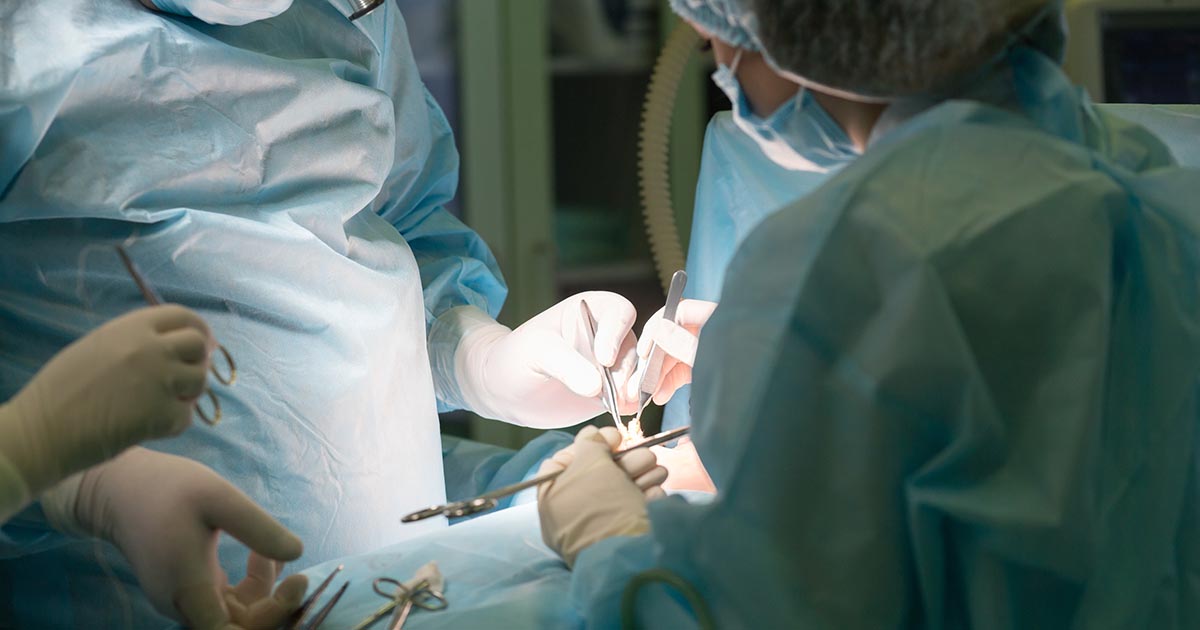Treatment Options For Laryngeal Cancer
Surgery

Surgeons commonly perform procedures as a part of treating laryngeal cancer, along with other types. Depending on the stage, type of cancer, exact location, and the state of the surrounding tissues, there are different kinds of operations used to remove cancer and potentially other tissue around the throat. In nearly all surgeries, the goal is to remove all cancer along with a thin margin surrounding it. An operation might be all patients need if the laryngeal cancer is caught early, or it can be used with other treatments if the disease has progressed to a later stage. After, there may be a reconstructive procedure done to improve the area's function and appearance, if necessary. An endoscopic procedure involves passing an endoscope down the throat to locate the cancer, which can be done in the early cancer stages. Later stages may require a cordectomy, which removes part or all of the vocal cords, which naturally will have an effect on speech from hoarseness to an inability to speak.
Keep going to understand more ways laryngeal cancer is treated.
Targeted Therapy

As the name suggests, targeted therapy relies on medicine that targets specific parts of cancer that allow it to grow. This might sound like what the other kinds of treatments do, but they're specifically designed to target proteins or cell functions within the cancer cells, allowing them to succeed where other methods may not. It is also possible to experience fewer severe side effects on this type of therapy. Targeted therapy is also known as a monoclonal antibody, and it is a copy of an immune system protein grown in the lab. This allows doctors to help the body create more antibodies that are attracted to specific cancer cell targets, such as the epidermal growth factor receptor. EGFR is found in high concentration at the surface of cancer cells, allowing them to spread throughout the body. By blocking the receptors, it is possible to stop further growth. Some of the common side effects include a headache, fever, nausea, fatigue, acne on the face and chest, and diarrhea.
Keep on reading to learn more about treating laryngeal cancer effectively.
